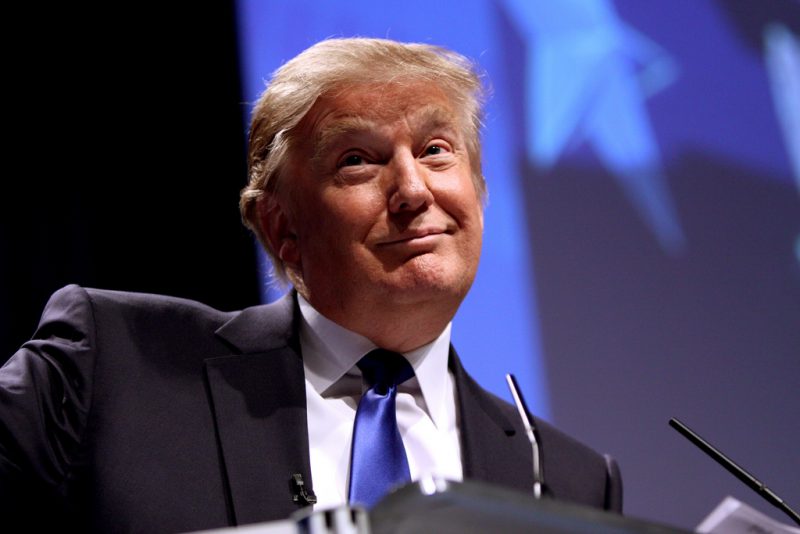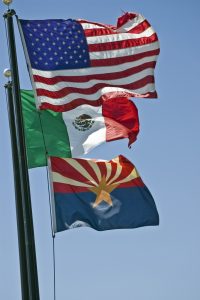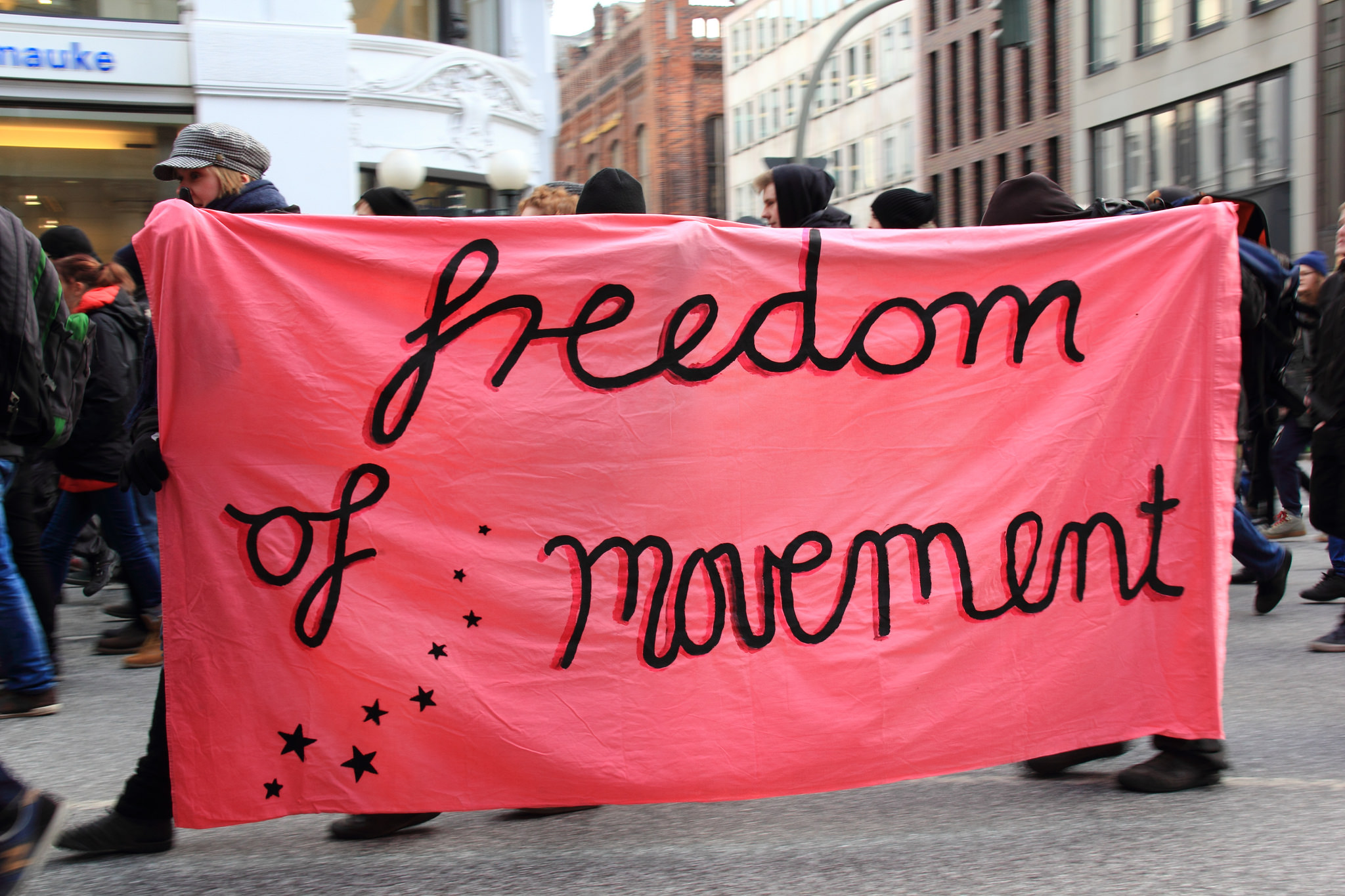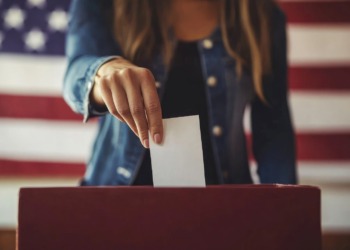For most non-Americans, 8 November came as quite a shock. No one could ever imagine Donald Trump becoming President of the United States. Most polls were against him, media outlets (except those aligned to the right) were against him, even foreign leaders with few exceptions were convinced he would never have been elected.
From my point of view as a European who has had the opportunity to live in the States, I must admit I did see it coming. I was just hoping that I was wrong.
I normally write on Impakter about privacy and security, but in this case, I will make an exception because I am deeply invested in this situation. As an Italian citizen, I have experienced the presidency of Mr. Silvio Berlusconi – the entrepreneur-turned-politician whose history has so much in common with that of Donald Trump. As a graduate in Political Science from a Southern Baptist college in North Carolina, and as a former resident of both North and South Carolina, I have a different perspective on that part of the United States that has given Trump a big chunk of his electoral votes.
Related Article:
“IMPAKTER ESSAY: THE POLITICS OF HATE“
First of all, let’s talk about “the South”. The southern U.S. has some stark political, cultural and socioeconomic differences from the rest of the country. For the average tourist who only sees the most popular international and liberal cities of the USA – like New York, Washington, D.C., San Francisco or Los Angeles – the outcome of this election can be surprising. But one’s experience in these cities cannot easily be extrapolated to the rest of the country. The region below the “Mason-Dixon line” is, in many ways, a separate country in itself.
IN THE PHOTO: Fort Sumter; South Carolina. PHOTO CREDIT: Navin75/ Flickr
While much of the rest of the world was cheering President Obama for getting elected twice and was excited at the thought of the first African-American president, many in the South consider him as the worst president in history. Many others think his signature healthcare policy, “Obamacare”, has ruined their freedom to choose their own doctor. Others believe that Obama’s support for progressive policies like gay marriage and immigration reform is not right and does not fit their views of the world.
In the South, religion still plays a significant role in politics. The large evangelical base favors more conservative candidates, and they do influence voting choices. The recent issue regarding bathroom use by transgender persons in North Carolina (normally one of the more progressive states in the South) shows that religious views are still strong. This should have warned Hillary Clinton that it would not be easy to win this state.
Southerners’ strong support of the Second Amendment (the right to bear arms) and traditional family values completes the picture of this side of America. Let’s be clear about this: not everyone and not everywhere is the same, but a large percentage of the southern population indeed embraces these values. With this backdrop, support for Hillary Clinton in the South was obviously low. She is a strong, outspoken woman, a leader who shares many of President Obama’s ideals, and endorsed by President Obama himself.
Even if, ironically, the number of citizens who voted for Mrs. Clinton is higher than that of Mr. Trump, the Electoral College system rewarded the Republican candidate. This means there are clearly other parts of the USA who voted for Mr. Trump and do need strong attention.
So who else, exactly, voted for Trump? There is a so-called “quiet majority” – people who wanted and needed a change and felt that Mr. Trump, an anti-establishment candidate, would be the person to deliver that change. President Obama’s reforms over the past eight years saw significant improvements to unemployment rates, the green economy, and the stock market. Unfortunately, there is a lower-middle income class in the USA that felt left out of this economic growth and felt the need for economic reforms to benefit them, particularly clinging to Mr. Trump’s rhetoric on trade tariffs, Chinese industry, and the negative effects of immigration.
IN THE PHOTO (left): USA, Mexico, Arizona flags. PHOTO CREDIT: Ken Bosma/ Flickr
With this perceived unequal growth across the country under President Obama, what could Hillary Clinton offer them? If the charismatic President Obama was unable to deliver change for these people, the idea that a super-establishment Hillary Clinton and her perceived lack of empathy could bring this change was unthinkable. It has been said that if the Democrats would have chosen Bernie Sanders, he would have won easily. He could have represented the hope for those people who felt left behind under President Obama. While for many foreigners, the idea of America is characterized by the concept of the American Dream – that anyone can succeed, even if they are starting from nothing – there is a whole nation that struggles behind those who are visibly successful on international media. And many of these people are those who voted for Trump.
From a European point of view, Trump’s victory has been seen as yet another attack on the establishment and on globalization, just like Brexit. It has also been considered a sign of the crisis of mainstream political parties and a scary signal of rising populism around the globe. Trump, the man who provokes, threatens to jail his political opponents and makes seemingly unsupportable statements on women, minorities, and religious plurality, wins.
In Italy, we endured Silvio Berlusconi who has much in common with Trump – and not just his multiple wives and his fortunes. Berlusconi was chosen by Italians on the basis that he was a strong entrepreneur who was believed to be able to fix the Italian economy. His slogans and rhetorical style mirror much of what Trump has said, including the blatant, inexcusable sexism. The Berlusconi era did last twenty years, but it was not uninterrupted. Berlusconi had to resign considering the lack of credibility of his government and the fact that his policies were putting Italy’s debt under strong pressure. Could this possibly be what Trump is going to face? If the credibility of the President falls, the stability of the country is put at risk and the finance market will naturally struggle.
IN THE PHOTO: The Streets of Detroit. PHOTO CREDIT: world wide/ Flickr
Populism is rising across Europe following the increased use of Internet-based technologies that unfortunately help anonymous users to spread their hate. Slow European economic growth, and the increasing number of refugees from Africa and the Middle East are other factors fueling this hate. Trump’s election, just like Brexit, is a massive wake-up call for all European countries, including Italy. We need to fight back populism with strong social, economic and environmental policies. Stronger unity is the only solution to push away the threat of a new age of darkness.
IN THE PHOTO: Never mind the papers. PHOTO CREDIT: Rasande Tyskar/ Flickr
Several left- and right-wing populist parties across Europe are spreading the idea that they can break the establishment in their home countries, just like Trump did. Ideas may vary from exiting the European Union, leaving the Eurozone, placing restrictions on borders, and passing policies to victimize the ‘other’. We must not forget the environment in Europe after World War II, and work towards fostering greater unity among all persons. So how can we stop the terrifying spread of nationalism and populism?
Trump has shown that populism cannot be stopped by attacking such candidates or their parties, because people who vote for them are resistant to being told what to do by those that they perceive are establishment elites: they are in the same situation as those Americans who chose Trump believing that they did not have anything to lose.
However, we must try to fight populism with ideas and initiatives that make everyone feel part of a large community. No one should feel left out or abandoned by his own country. To prevent populism, we should not think about stopping those individuals who vote for a populist leader, but rather never put anyone in the condition where they only see a populist leader as a solution to improve their quality of life.
Recommended Reading: “REFLECTIONS ON AN IMPENDING TRUMP PRESIDENCY“














